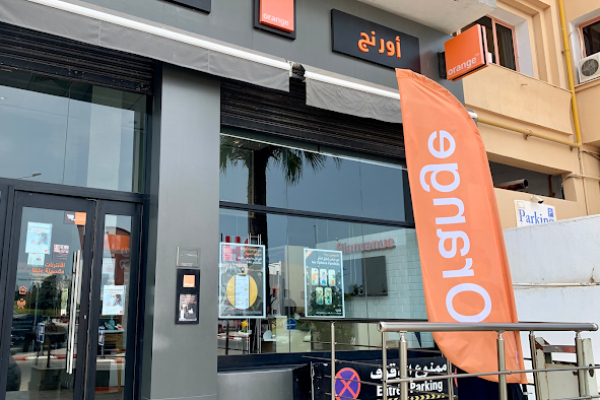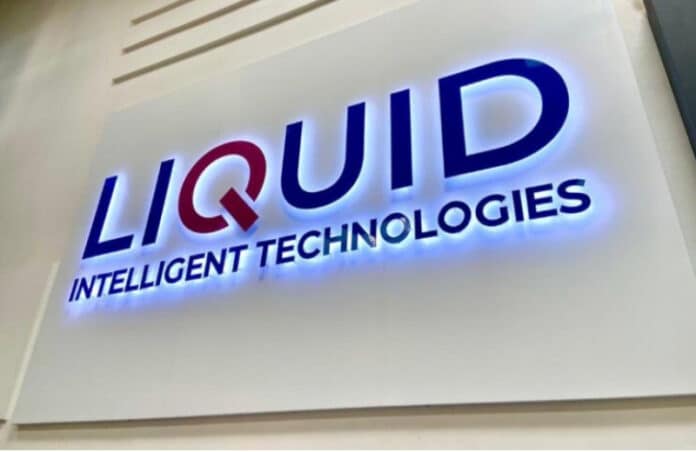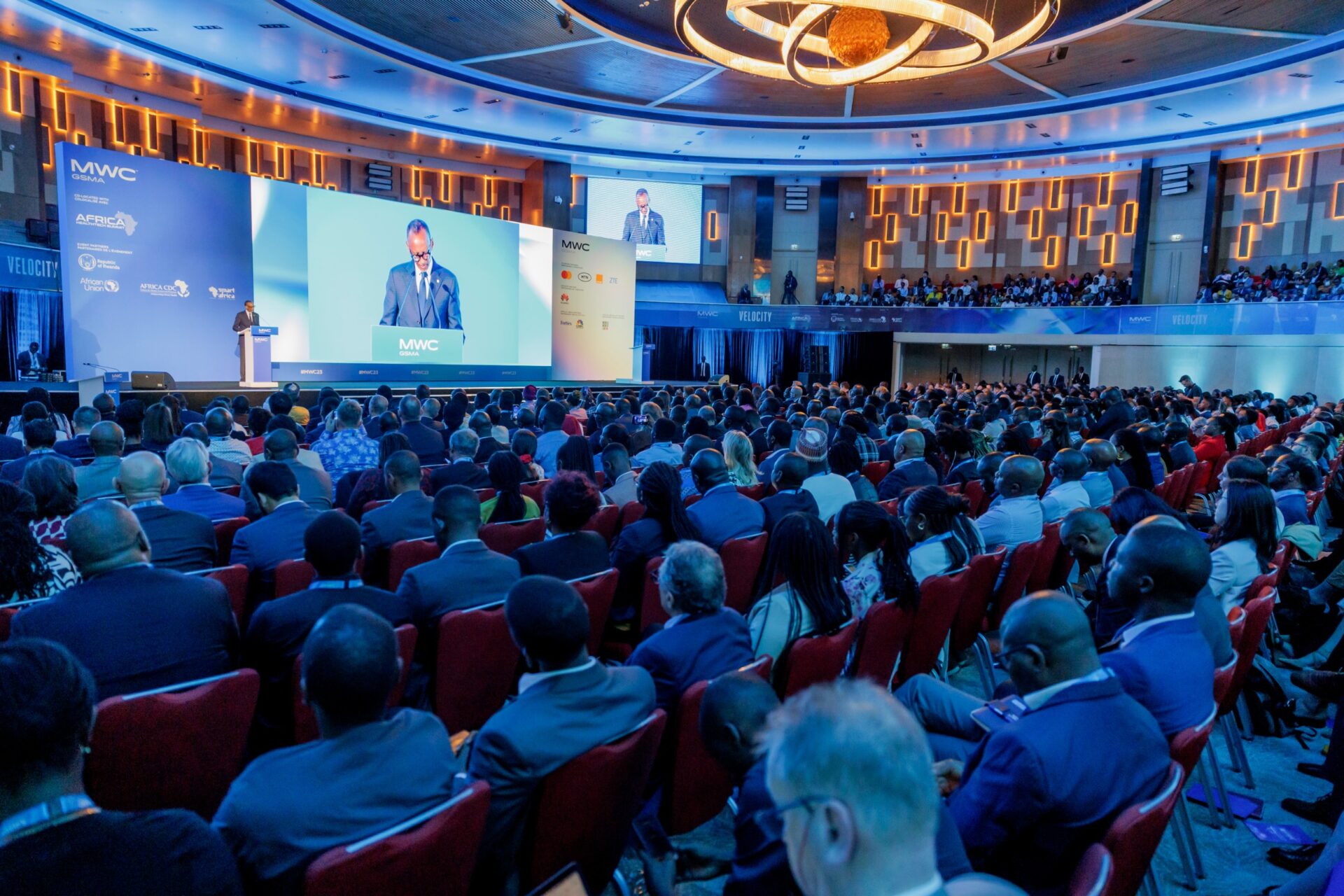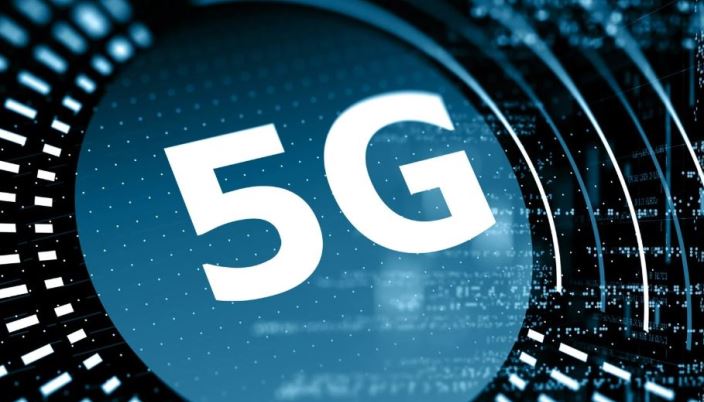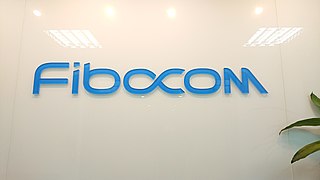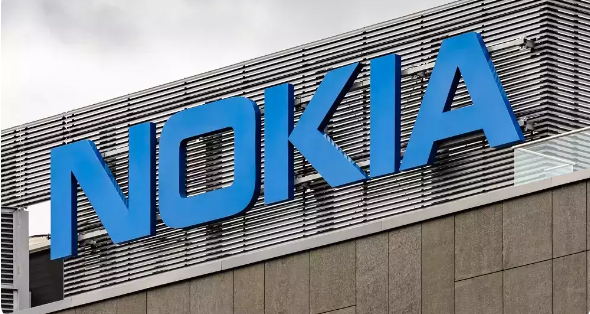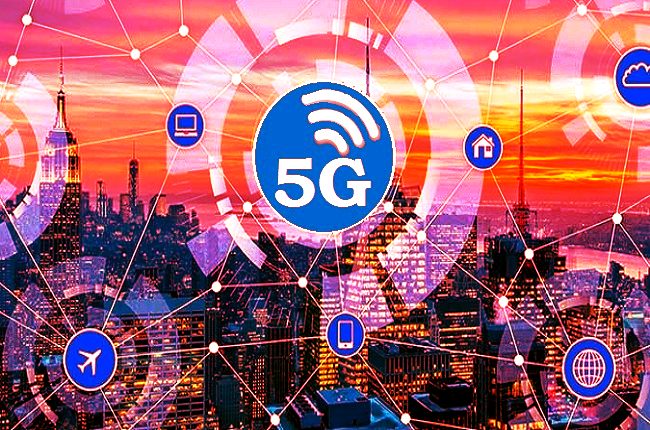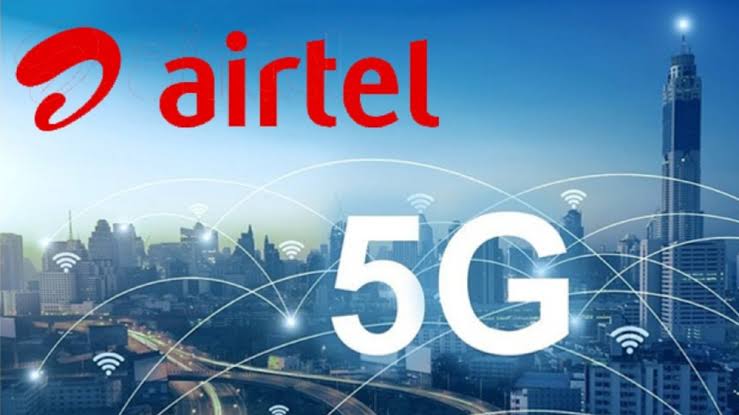Orange Tunisia on Friday debuted 5G, a superfast Internet that places the telecom at the forefront of innovation and marks a significant turning point in the nation’s digital development.
5G promotes Tunisia’s digital transition while meeting the increasing demands for connectivity among individuals and professionals.
“5G from Orange Tunisia delivers an optimized customer experience with ultra-fast download speeds, minimal latency, and increased connection capacity. With speeds three to four times faster than 4G, 5G meets the rising need for connectivity,” the operator stated in a press release.
Read also: Orange backs Senegal’s ‘New Technology Deal’ to expedite digital transition
Orange Tunisia launches MAXBOX 5G
In addition to this significant technological advancement, Orange Tunisia is launching the MAXBOX 5G, a cutting-edge WiFi 6 router that is intended to provide the best possible experience at home.
With unparalleled performance and a Turbo mode designed specifically for gamers and streamers, the MAXBOX 5G enables users to fully use 5G’s potential in their digital life.
Establishment of 5G Lab
Alongside this endeavour, a “5G Lab” has been established as an experimental place to test 5G applications in important fields as industry 4.0, health, culture, and education.
This lab, which is accessible to businesses, startups, and scholars, seeks to promote teamwork in innovation and investigate the potential of 5G in the nation’s digital revolution.
Significant milestone for Tunisia’s digital revolution
Orange Tunisia’s 5G rollout is a component of a larger plan for digital development.
With Orange Tunisia being the fifth operator in the group to sell 5G in Africa and the Middle East, this deployment represents a significant turning point for the Tunisian telecom industry.
With 400 sites now up and running across multiple locations, the 5G network is anticipated to continue to progressively grow until it reaches every governorate in the nation.
Read also: Vodacom, Orange collaborate to launch 1,000 solar base stations to enhance Internet connectivity
The future of 5G networks in Africa
The debut is also consistent with the African Telecommunications Union’s (ATU) forecasts, which emphasise how 5G might revolutionise the continent’s economy in their report titled “5G Readiness and Relevant Use Cases in Africa Report,” released on January 30.
The paper claims that 5G might transform applications like online education, remote healthcare, and smart agriculture, hence enhancing the standard of living on the continent.
Going one step further, the Global Association of Mobile Operators and Manufacturers (GSMA), projects that by 2030, 5G networks would bring $26 billion to Africa’s economy. This figure illustrates the massive potential of 5G to strengthen key industries and promote economic expansion throughout the continent.
With ultra-fast speeds, lower latency, and greater connectivity, 5G is transforming the telecoms industry in Africa. Tunisia will now be able to expedite its digital transformation by utilising the new applications that this technology opens up in important sectors.
